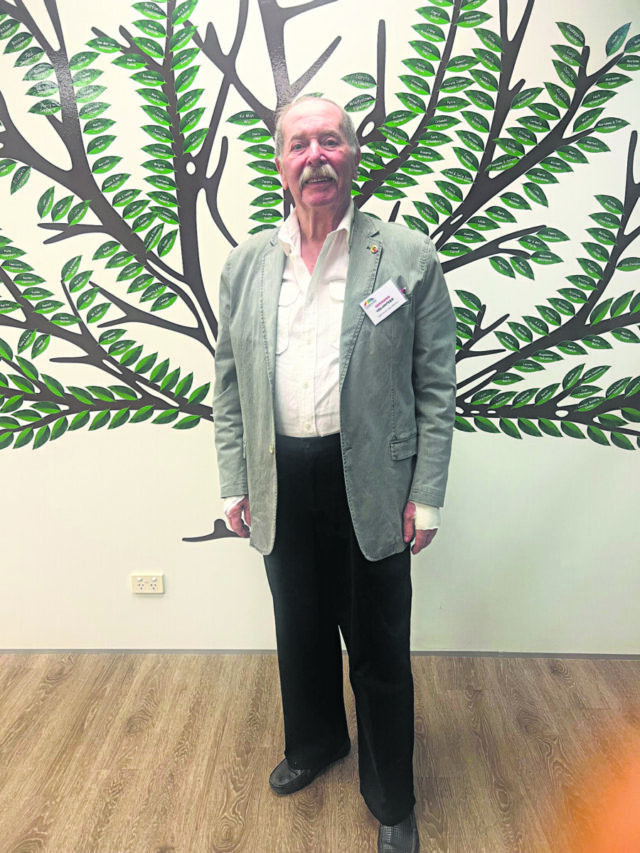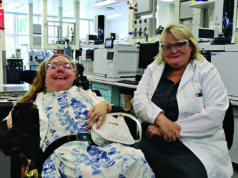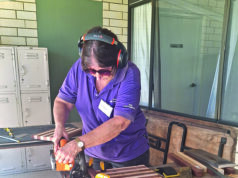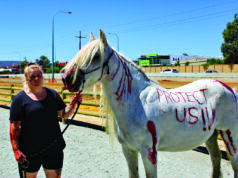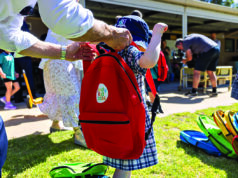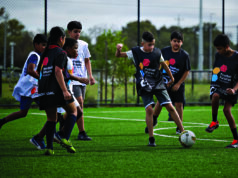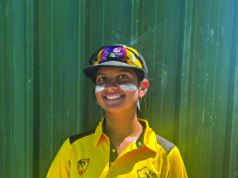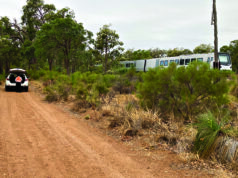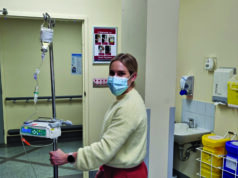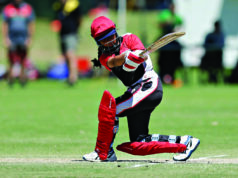When Germano Chiarle starts talking, it’s hard not to be drawn in.
He’s sharp, lively, and full of energy.
At 81, the Maddington resident moves through life with the kind of purpose and spirit many people half his age would envy.
But what you wouldn’t know by looking at him is that Germano has survived eight major heart episodes.
He’s alive today because of four defibrillators and a stubborn refusal to give up on living.
“I had my heart attack when I was 53,” he said.
“That was 28 years ago. Since then, defibrillators have saved my life eight times. If not for them, I would have died 25 years ago.”
The day it all began started like any other.
Germano was at the Canning Vale fruit and vegetable markets, loading a truck for his business.
“I felt a lot of pain down my arm,” he said.
“My doctor’s clinic was on the way home, so I decided to stop in. He put me on a bench, did an ECG, and found I was having a heart attack.”
Within the hour, Germano was rushed to Fremantle hospital and taken into surgery. He had four bypasses, but when the operation ended, his heart wouldn’t beat properly.
He was kept in coma for 15 days, and at one point, doctors prepared to let him go.
“But Jesus Christ didn’t want me,” he said. “So, he left me here.”
Germano wears his latest device close to his chest. Despite his heart’s history, he still volunteers, walks three kilometres most days, rides horses, and even helps with sea rescue missions. “I’ve got my skipper’s licence,” he said.
He’s not just surviving, he’s living, and living well.
Germano is part of a local peer support group called Heart Support Australia; Perth Peer Support Group, which meets monthly at the Hillview Intercultural Centre in Bentley.
The group gives people like him a space to connect, talk openly, and remind each other that life doesn’t end with diagnosis.
“I like meeting people who understand,” he said.
“I’ve been coming since the beginning.”
It’s a space built on lived experience, not medical charts. And it’s led by the group Volunteer Facilitator, Fay Bahemia, a woman who knows exactly how it feels to wake up one day with a failing heart.
“I had sudden and unexpected heart surgery for a severe blockage,” Fay said.
“Afterwards, I craved connection. I wanted to know if my fear and anxiety were normal. At the time, there was no group like this for someone like me, so when I was asked to help start one, I said yes right away.”
“One woman told me she got more from one session than from three hours with a psychologist,” the facilitator said. “That’s the power of peer support.”

Another participant at the group added, “Any support group is valuable. It helps people who are going through the same thing to open up, and I would recommend it to anyone.”
During the latest session, the room felt light and safe.
No one was afraid of being judged.
Fay introduced the monthly topic, blood pressure, and members immediately joined in, openly sharing how high their heart rates had gone and what worked for them.
There was laughter, learning, and mutual encouragement. They weren’t just listening; they were educating each other.
For Germano, it’s about giving back.
He volunteers every week at Fiona Stanley Hospital, Umbrella and with St John Ambulance. He visits people with dementia, talks to patients with new diagnoses, and helps them see there’s life after heart disease.
“I met a lady who was crying because she had a stent,” he says.
“I told her I’ve got nine, and I’m still here. We talked, and by the end she was smiling. She told me, ‘Thank you, you helped me a lot.’ That made me feel good.”
His story is full of near-misses, moments that could have been final, but weren’t. Like the time he spent 15 days in a coma after quadruple bypass surgery.
Doctors had nearly given up, but he woke up, just hours after the machines were due to be turned off.
“I lost 30 kilos. I couldn’t even walk 100 metres. I had to carry a milk crate so I could stop and rest along the way,” he recalled. “But slowly, slowly, I built myself back.”
Now, he’s encouraging others to do the same.
“It’s possible to come back stronger,” he said.
“You’ve got to do the right thing for yourself; eat well, move, take your medication, don’t smoke, don’t drink. If you do all those things and stay positive, you can get better than before.”
Fay added, “We all have different stories, but we find comfort in knowing we’re not the only ones,” she said. “And that alone can be a powerful step towards healing.”
As Germano said his goodbyes and heads out for the day, exclaimed: “I’m lucky. I use all my luck, every day, every moment. And I’m still here.”
The Perth Peer Support Group is part of Heart Support Australia, a national organisation providing emotional and social support to Australians affected by heart disease.
Through lived experience, volunteers like Fay and Germano continue to show that survival isn’t just about staying alive, it’s about finding meaning in the life that comes after.


